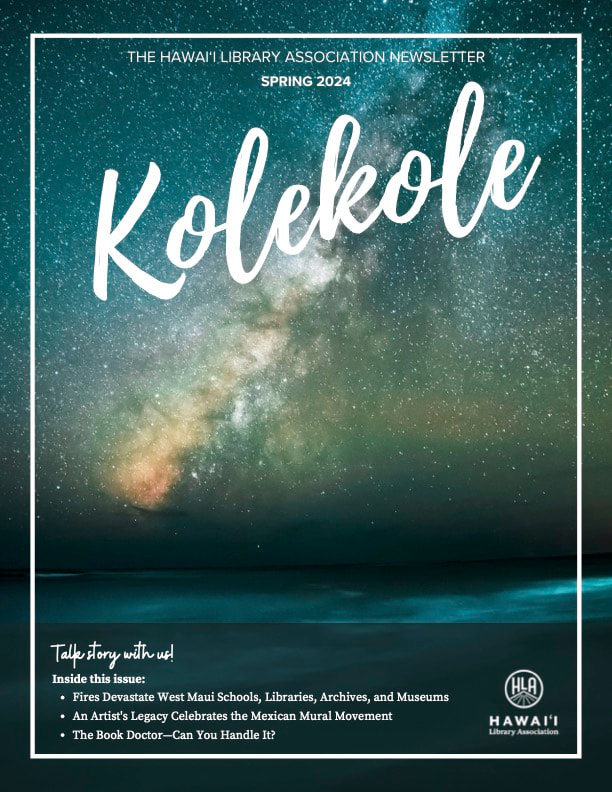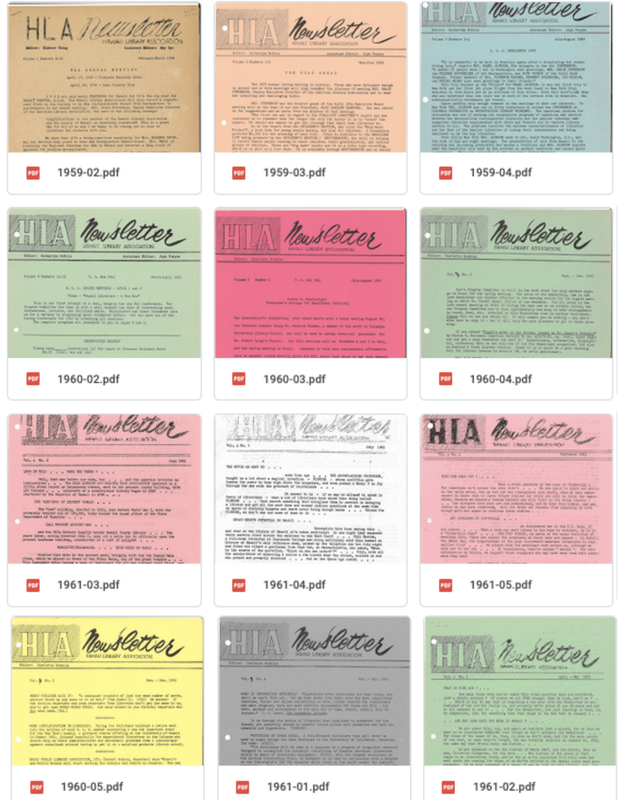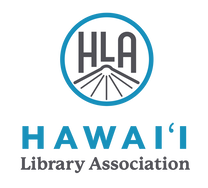A B O U TKolekole is the official newsletter for the Hawaiʿi Library Association. Published online three times per year - typically in January, May, and September - the editors hope to create connections and a sense of community among all library and information professionals in Hawaiʿi. As such, we hope to provide a tri-annual collection of news, updates, and features relevant to information professionals in our community. These stories aim to celebrate the accomplishments of library workers at all stages of their careers, to highlight new ideas and projects from institutions in the islands, and to provide information about upcoming events and opportunities for professional development and enrichment.
|
C O N T R I B U T EAs this is a community newsletter, we welcome your contributions. With your kokua, these issues will be the best they can be.
Did your library launch an innovative program or host a successful event? Are you trying new Information Literacy tactics? Did your library receive a grant? Are there any presentations, publications, or other professional accomplishments you'd like to share? This is an opportunity to highlight happenings at your library with colleagues across the state. |
|





